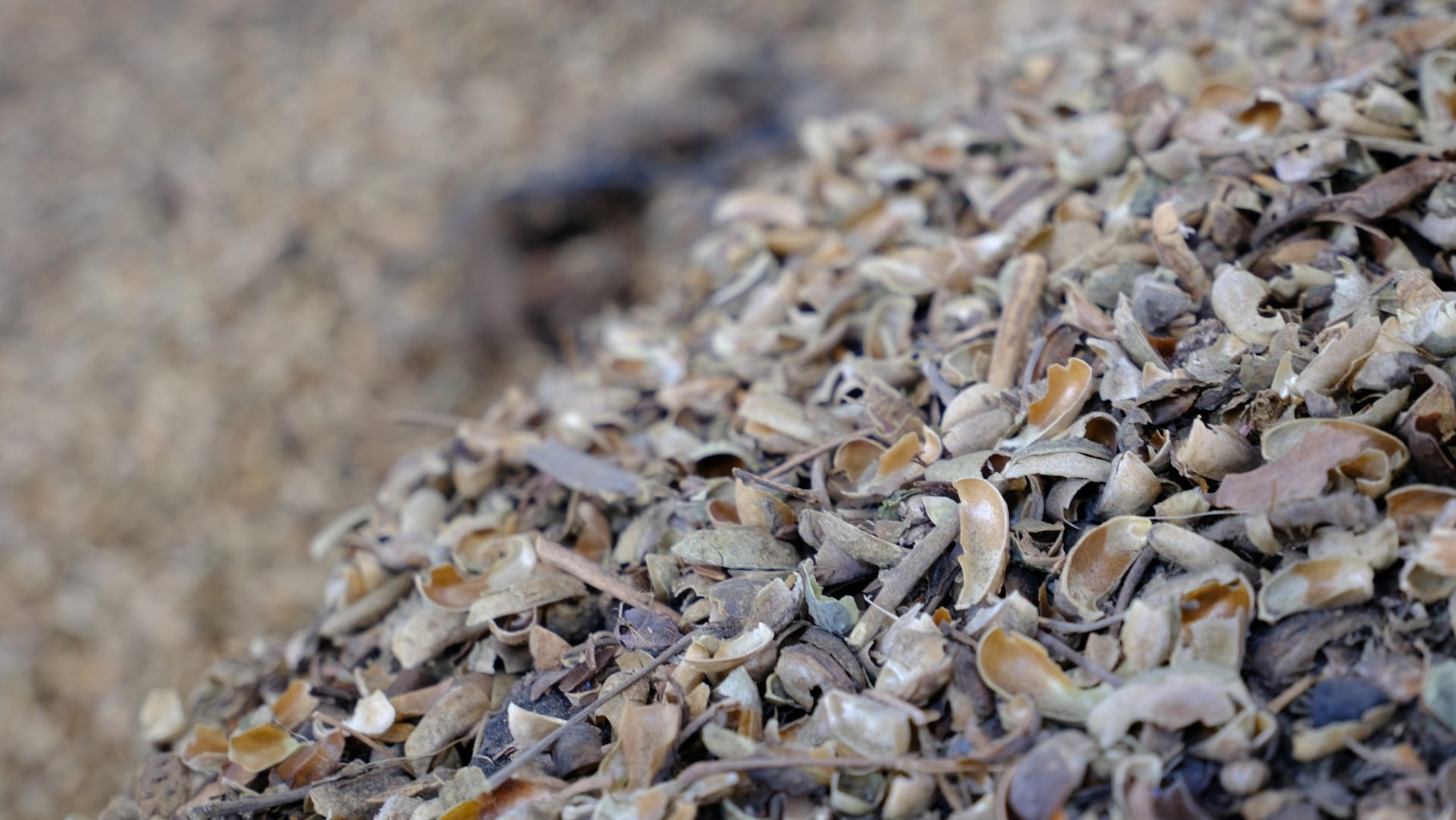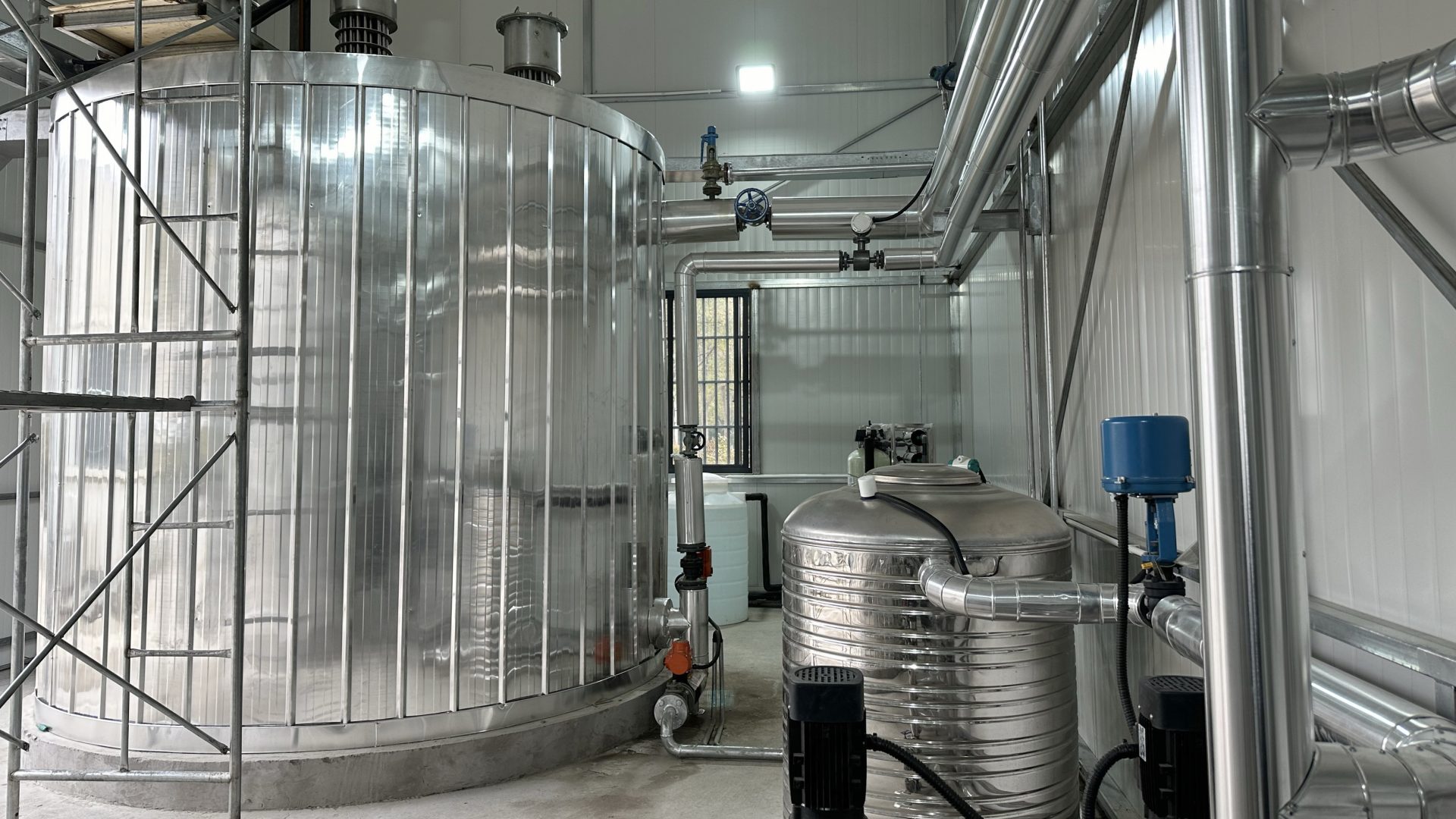Financing the transition to a low carbon textile industry
Green investment
The challenge
To achieve net-zero we need to invest. Switching to renewable energy, introducing energy efficiency measures and swapping to lower impact processes all cost money. But projects like these often have a long-term payback period and frequently get relegated to the bottom of the list.
The problem is, we can’t wait. We need to find ways to make these investments happen now.
Our approach
Our green investments are designed to speed up decarbonisation of our business. They bridge the gap between business goals and climate ambitions, bringing financing for projects with long payback periods within reach.
The majority of the funding is directed towards fabric production, a resource-intensive process. The first step is to introduce energy efficiency measures. Then we look at electrifying those factories where steam is used to power equipment or processes, while at the same time switching to renewables where possible. Other projects we support include developing low impact materials, decarbonising logistics and activities that promote circularity.
We have developed a range of solutions to target our suppliers’ different needs. Together, they create an ecosystem of support that drives down emissions in a cost-effective way.
H&M Group programmes
Our in-house funding programmes target different parts of the decarbonisation journey:
Green Fashion Initiative (GFI)
Limited technical expertise, restricted access to finance, high interest rates and low returns on investment are common barriers for suppliers who want to cut their emissions. GFI offers direct financial support and financing at favourable terms, made possible by our financial strength and network of banking partners.
The investments we support generally fall into one of these categories:
- Energy efficiency projects to help suppliers reduce the total amount of electricity and steam they use in their operations.
- Electrification of high-energy processes to enable suppliers to move away from high usage of fossil fuels, including heat pumps and thermal heat storage.
- Installation of onsite solar panels so factories can generate their own renewable energy, reduce the risk of power cuts and save significantly on their energy bills.
- Investment in offsite solar or wind facilities that benefit factories and local communities.
- Replacing boilers or changing fuel type to replace fossil fuels with more efficient and renewable alternatives.
Power purchase agreements (PPAs)
We are signing PPAs with renewable energy developers. In these contracts we commit to a fixed price for electricity generated by solar parks or wind farms that have not yet been built. This removes the electricity price risk for the developer, makes the project viable and increases the amount of renewable energy available on the local grid. PPAs also help us to meet our goal of sourcing 100% renewable electricity for our stores, offices and distribution centres by 2030.
H&M Group Ventures
Our venture capital arm backs entrepreneurs who are set to transform the fashion industry and invests in companies across several themes including decarbonisation technology and circular solutions. Recent investments include Rondo and Syre.
Collaborative programmes
A single factory could make a sweatshirt for H&M, a pair of trousers for another brand and a hoodie for a third. When we invest in a factory like this, all three companies benefit from reduced emissions. But, if we joined forces and addressed the financial barriers together, we could act faster, increase the investment and have a much bigger impact.
Collaborative finance is key to driving the rapid, large-scale change we need in our industry. We are working with financial institutions and other fashion brands to develop and participate in different financing initiatives:
Future Supplier Initiative (FSI)
FSI brings together brands to collectively finance decarbonisation projects in shared suppliers producing fabric and finished garments. It keeps the cost of borrowing low for factories and includes access to technical support, as well as the opportunity to build long-term, resilient business relationships. H&M Group, Gap Inc., Mango and BESTSELLER are currently working on the first cohort targeting shared suppliers in Bangladesh.
Fashion Climate Fund
We are one of the lead partners in Apparel Impact Institute’s Fashion Climate Fund, which funds impact programmes to pilot and scale new technologies in the textile, apparel and footwear supply chains.
Bangladesh wind farm
We have signed a letter of intent to co-invest in developing a wind farm in Bangladesh alongside BESTSELLER. The project is facilitated by Global Fashion Agenda and Copenhagen Infrastructure Partners.
RELATED


